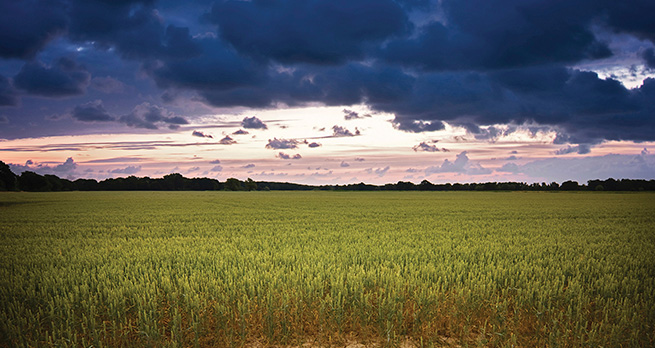4 Power, agency and property rights
Two types of property rights underlie many land rights conflicts in Senegal: customary land rights and private property rights.
Individuals, households, kinship groups, tribes, villages and communities claim customary land rights, which are based on tradition going back many generations in some cases. Historically, in many parts of Africa much land is held under customary tenure. Although there are many types of customary tenure this basically means that people claim a right to a piece of land because their families and ancestors have traditionally used it. Such communities and families rarely have a legal title or deed that says they own the land, so they cannot sell it. But nonetheless, because of their longstanding association with the land, the community feels a physical, emotional and spiritual attachment to it. Customary rights often come into conflict with the notion of property rights of the state. When African countries were granted independence from the colonial powers, any land not under private ownership was considered as belonging to the newly independent state, including land that communities considered to be their customary land. As well as farmland, customary land includes common resources such as forests and rivers.
Private property rights give legal title to a piece of land, which means it is owned by the actor holding that title and the law will protect the owner’s exclusive right to that land. The concept of private property rights developed alongside capitalism. Property rights apply to goods and services as well as land. These rights allow entrepreneurs to keep any profits deriving from a business. Private property rights, therefore, act as a stimulus to business and economic growth.
In Senegal, the government addressed the twin system of customary rights and modern land ownership through the 1964 National Domain Law. This law created elected rural councils to manage and allocate land. This law has periodically brought the Senegalese central and local governments into conflict with local communities. These conflicts have increased as the state has seized customary land to lease to foreign companies, leading to the eviction of local communities claiming customary rights. The capacity of the state and its allies to appropriate land from customary occupiers can be seen as an expression of uneven power relations.
At the end of the film you saw how, with help from civil society and non-governmental organisations (NGOs), villagers are contesting land grabs. Despite the uneven power relations between villagers and the national government and foreign companies, villagers are exercising their agency by contesting land grabs.
